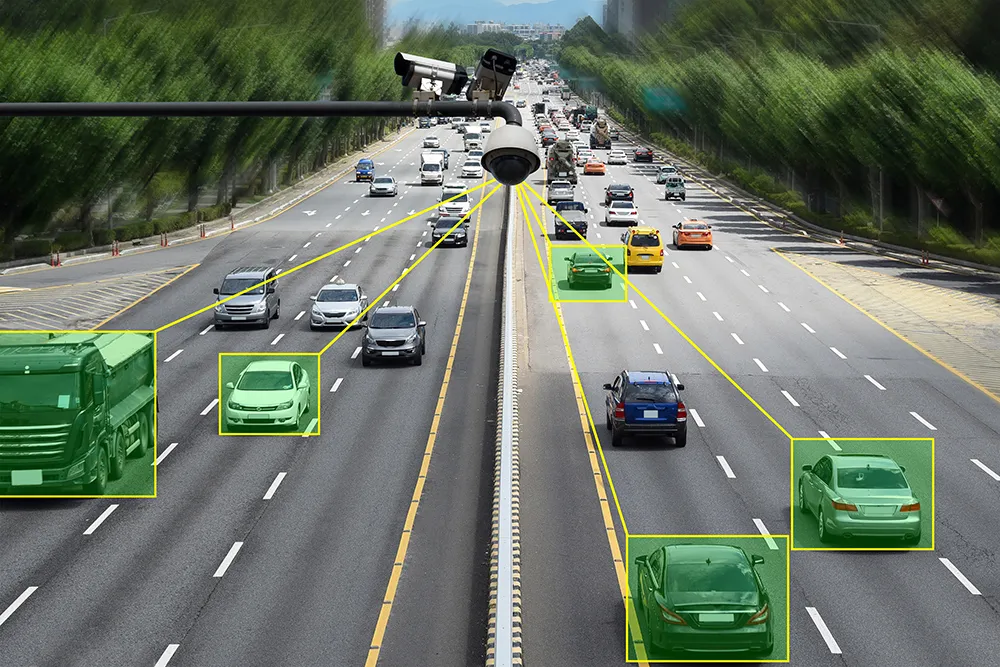UK-based technology innovation centre, Transport Systems Catapult (TSC), has announced the opening of a ‘visualisation laboratory’ at its headquarters in Milton Keynes. The laboratory will allow designers and engineers to use cutting edge virtual reality technology to improve the UK’s transport network.
The laboratory includes the UK’s first commercially available omni-directional treadmill built by Swedish company Omnifinity and features virtual reality built by local firm Virtual Viewing. The omni-d
August 12, 2015
Read time: 2 mins
UK-based technology innovation centre, 7800 Transport Systems Catapult (TSC), has announced the opening of a ‘visualisation laboratory’ at its headquarters in Milton Keynes. The laboratory will allow designers and engineers to use cutting edge virtual reality technology to improve the UK’s transport network.
The laboratory includes the UK’s first commercially available omni-directional treadmill built by Swedish company Omnifinity and features virtual reality built by local firm Virtual Viewing. The omni-directional floor enables users of virtual reality to physically walk through virtual worlds adding to the user’s sense of immersion. Using this technology, engineers and designers will be able to test the impact of new transport services and technological innovations without the risks and costs of physical implementation.
Immediate applications include exploring how pedestrians might react when approached by driverless cars on shared walkways. The technology will also allow architects and civil engineers to virtually experience new designs of buildings and public spaces. The TSC is working to bring pedestrians into these virtual worlds to add to their realism as well as help with Way Finding design and sign off. This will enable designers to experience their designs with crowds of people moving around and interacting within them, before committing to physical development.
Graham Fletcher, Modelling and Visualisation director at TSC explained: “We see huge potential for virtual reality technology to help solve the UK’s transport problems at a lower cost and without the associated risks of testing new technology in a live environment. The Omnideck Treadmill and virtual reality equipment we have installed here at the TSC is totally unique in the UK and will allow businesses to experiment, develop and demonstrate new technologies in a new and inspirational way.”
The laboratory includes the UK’s first commercially available omni-directional treadmill built by Swedish company Omnifinity and features virtual reality built by local firm Virtual Viewing. The omni-directional floor enables users of virtual reality to physically walk through virtual worlds adding to the user’s sense of immersion. Using this technology, engineers and designers will be able to test the impact of new transport services and technological innovations without the risks and costs of physical implementation.
Immediate applications include exploring how pedestrians might react when approached by driverless cars on shared walkways. The technology will also allow architects and civil engineers to virtually experience new designs of buildings and public spaces. The TSC is working to bring pedestrians into these virtual worlds to add to their realism as well as help with Way Finding design and sign off. This will enable designers to experience their designs with crowds of people moving around and interacting within them, before committing to physical development.
Graham Fletcher, Modelling and Visualisation director at TSC explained: “We see huge potential for virtual reality technology to help solve the UK’s transport problems at a lower cost and without the associated risks of testing new technology in a live environment. The Omnideck Treadmill and virtual reality equipment we have installed here at the TSC is totally unique in the UK and will allow businesses to experiment, develop and demonstrate new technologies in a new and inspirational way.”










